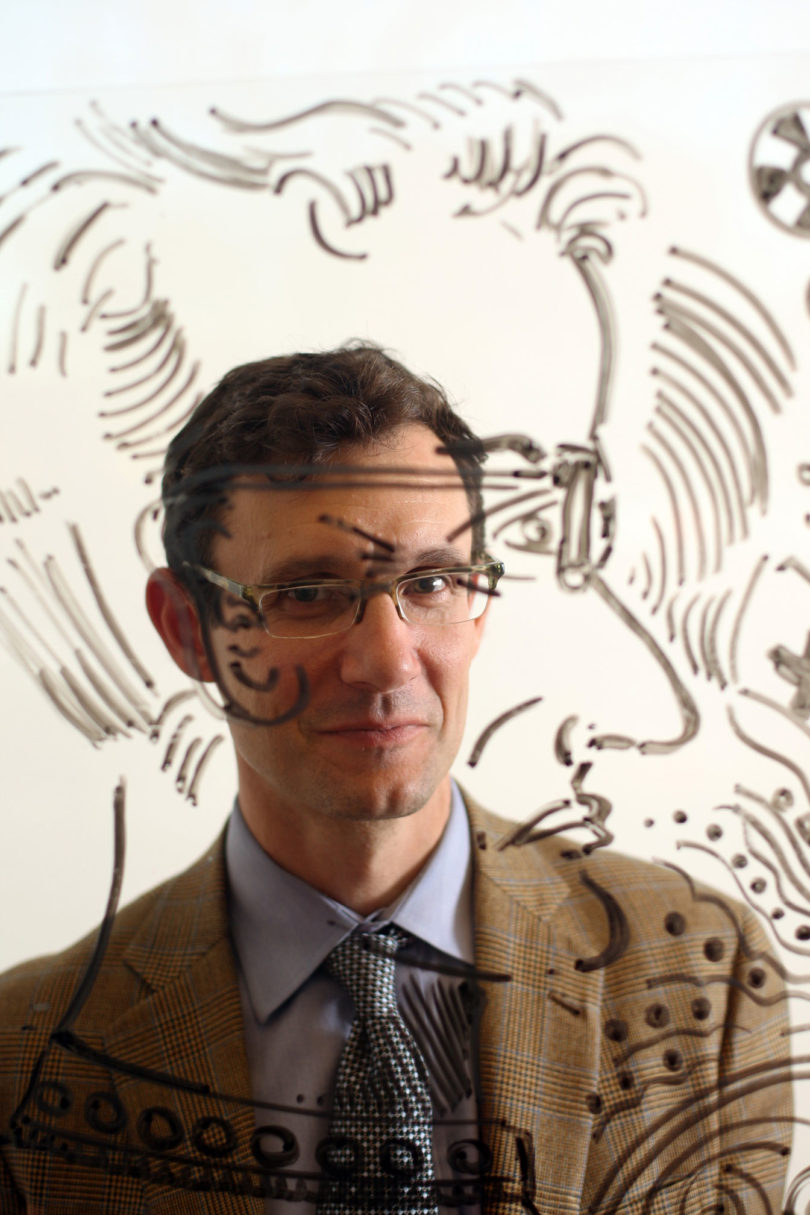Steven Tepper, a leader in the field of cultural policy and research on the impact of the arts on everyday life, will speak Jan. 22 at 4 p.m. in the M. Smith Griffith Auditorium of the Georgia Museum of Art. He will speak on “Creative Work and the Work of Creativity: How Colleges and Universities Can Prepare Graduates to Reinvent Our World.”
Tepper is the associate director of the Curb Center for Art, Enterprise and Public Policy and an associate professor of sociology at Vanderbilt University. At the Curb Center, Tepper works to develop national policy reports and to create research tools that examine and measure the effectiveness of support models for the arts. He currently serves as the principal investigator of “Artful Living: Examining the Relationship Between Artistic Practice, Subjective Wellbeing and Materialism Across Three National Surveys,” supported by a research grant from the National Endowment for the Arts.
“Steven Tepper will share some of his insights, findings and methods from his work in measuring the value of creativity to society, research that combines approaches from the arts, social sciences, economics and law,” said Mark Callahan, artistic director of ICE, an interdisciplinary initiative for advanced research in the arts at UGA. “His visit to UGA will engage multiple aspects of contemporary culture and its impact on the future of education.”
Tepper’s most recent publication is the book Not Here, Not Now, Not That! Protest Over Art and Media in America. He was the co-editor, with Bill Ivey, of Engaging Art: The Next Great Transformation of America’s Cultural Life. His articles appear in numerous publications, including The Chronicle of Higher Education, Review of Policy Research, Journal of Arts Management, Law and Society and the Journal of Cultural Economics.
The talk is part of the Willson Center’s 2012-2013 Distinguished Artists and Lecturers series. It is supported by the Jane and Harry Willson Center for Humanities and Arts, Ideas for Creative Exploration and the Georgia Museum of Art.








